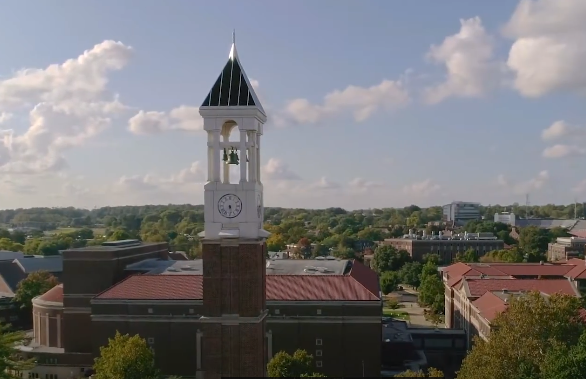Purdue University counters critical race theory

Purdue University’s Board of Trustees was scheduled to vote on a civic literacy requirement, which opponents called a suppression of academic free speech, in order to counter critical race theory propaganda. The proposal was not endorsed by any Purdue faculty groups.
As background, critical race theory is the belief that the United States has always been a racist country and that it was built on a racist past. One of its chief promotion vehicles, The New York Times’ “1619 Project,” famously claimed that America’s true founding was in 1619 when the first slave ship came to the United States from Africa and asserted that America’s founding was racist in origin.
Alice Pawley, an engineering associate professor, told Inside Higher Ed, “It’s like democracy and civic literacy are so important, we’re willing to be dictators about it.”
Yet, this is not new for Purdue faculty. In 2019, Purdue University President Mitch Daniels proposed a civics requirement, under which undergraduates would have the requirement to pass a civics test that was similar to the country’s naturalization test. The proposal was voted down by a 51-28 margin.
Opponents at the time pointed to Indiana high school civics tests to prove their point that there was already a civics requirement in the Hoosier state. The requirement was also discussed this year, but it never made it out of meetings and discussions.
One supporter of the civics requirement, social studies professor Phillip VanFossen, noted that “there remains much room for improvement” in Purdue students’ civics knowledge. He reportedly said that these requirements “will help our students grow and reach their potential as contributing citizens of our world.”
It is unclear what the requirement will be, but it appears that it requires passing a civics test, attending an approved civics-related events, completing 12 podcasts from a C-SPAN center, or taking one course from an approved list. The requirement will not only be in place at Purdue’s main West Lafayette campus, but also at its regional campuses.
Higher education groups, faculty members, and journalists portray ongoing efforts to counter critical race theory as authoritarian, heavy-handed, unfair, and illegal. However, they fail to recognize that liberal indoctrination on college campuses has rubbed American parents the wrong way. For example, parents against critical race theory have won local school board elections in Texas while lawmakers in three states (Idaho, Iowa, Oklahoma) have passed laws banning the anti-American theory from its classrooms. Other state legislatures are considering similar bans, while Florida’s state board of education banned it outright.
The academic Left should realize that critical race theory was not implemented by elected officials, but unelected school bureaucrats and college administrators or professors. Therefore, their accusation that critical race theory opponents are dictatorial is hypocritical. Parents have revolted in opposition to critical race theory, but academics continue to remain out-of-touch with reality.




